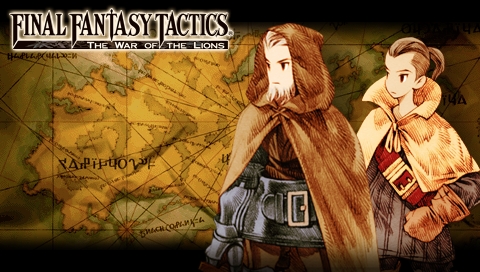One thing a game designer/programmer should always do is analyze other games. This should probably be obvious to you already, but I`ll write some stuff about it.
Most of the time we only analyze a game after playing it, through memory. That is all good and nice when you're comparing your favorite games to see which you find best, but a game designer needs to take a different approach: he must be aware of the feelings.
When you're thinking about gameplay, you're looking at happiness and frustration. At how you can make a player feel when they get a reward, when they win at something inside your game.
When you're thinking about a platformer game, you may remember something about the pretty level design or a certain song. But what you want to remember is how much frustration you felt when you died at the boss and how happy you felt when you finally won. Because that is the feeling you want to reproduce in your games. Did you feel betrayed because the upgrade you got from the boss was totally lame? You wouldn't want your players to feel that way, would you?
Have you ever used Gameshark or a cheat in the game to become all powerful? It may have felt good at first, but it got old, didn't it? If the game is easy, it may lose it's point and become boring. You should be aware of that when giving rewards and power ups in a game.
So maybe the cheat example wasn't the best, but a good one that comes to mind is Orlandu in Final Fantasy Tactics. Once you get him, which happens late in the game, you start to feel all powerful. His attacks are so strong you'll feel like nothing can stop you. And you didn't even do anything to get him, he just pops up in the story. I didn't feel so good about having Orlandu. That's the feeling you should watch out for.
 |
| The guy in the left is a bit of game breaker |
As far as gameplay goes, I think those are the two more important feelings: happiness and frustration, they cover a lot of stuff though, and a lot can be said about them. But one keyword here is reward. Playing games should be rewarding.
Once you start looking at the story aspect of the game, a lot more feelings can be conveyed and felt, but when you melt everything down, through the story, you probably want to achieve two things:
1) Not boring the player.
2) Creating intense feelings.
Reaching those two points should be your default goal, but you need to aim higher if you're making a story-heavy game, like RPGs(my favorite genre) or Graphical Novels.
So when you're playing any games, try to look in to those two points:
- Does the story bore you? Why does it bore you? Do other people find the story boring?
- What intense feelings did the story make you feel? How did it accomplish that? How did it build up to it?
Another aspect that I find important is pacing. I like high paced stories, so the quicker the story can go while still maintaining quality, the better. Games, however, tend to have slow pace, probably so they can make the game last longer or as a way to add lots of build up. Pay attention to pacing in the games and try to recognize how you feel about it.
I think that's that, really. So I'm going to try and analyze some games in my next posts, to show you what I mean. They'll be mostly RPGs, but I'll visit other genres and other media, like tv series and cartoons, to analyze them through the lens of game design.
See ya next time!
See ya next time!
 |
| A little preview of what my next post will be about... |
Nenhum comentário:
Postar um comentário